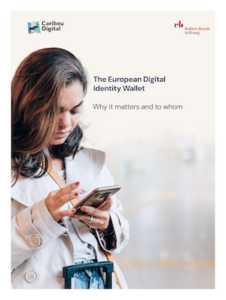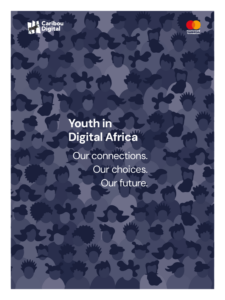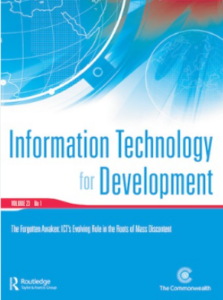This paper examines refugees’ experiences with and perspectives on the digital identity systems used by humanitarian organizations to collect, manage, and share their personal data. Through a qualitative study with 198 refugees in Lebanon, Jordan, and Uganda, we show how existing humanitarian identity systems present numerous challenges for refugees. For example, we find that refugees have little to no knowledge of the institutional systems and processes through which their personal data are managed and used. In addition, refugees are typically not able to exercise agency with regard to data that are collected about them (e.g. given choices about the data collected). At the same time, we show how refugees make active efforts to negotiate the various identities available to them, consciously weighing the benefits and constraints associated with different statuses to maximize their access to services, eligibility for employment, and spatial mobility. We engage with Taylor’s lens of data justice to make sense of our findings and conclude by highlighting the potential of feminist science and technology study frameworks to further develop theories of data justice that can support analysis of identification systems that serve the interests of the most vulnerable.
Explore latest publications

The European Digital Identity Wallet: Why it matters and to whom
By Caribou Digital
Digital Identity, Governance of Digitalization, Refugees and Forced Migration
The European Digital Identity Wallet: Why it matters and to whom
Digital Identity, Governance of Digitalization, Refugees and Forced Migration
Policy Brief
By Caribou Digital
June 25, 2024
By Caribou Digital

Earth Observation for Public Health: Topical Overview
By Carlotta Maucher
Earth Observation / Satellite Imagery, Health
Earth Observation for Public Health: Topical Overview
Earth Observation / Satellite Imagery, Health
Policy Brief
By Carlotta Maucher
May 28, 2024
By Carlotta Maucher

Youth in Digital Africa: Our connections. Our choices. Our future.
By Caribou Digital
Digital Financial Services / Financial Inclusion, Education/Skills/Upskilling, Gender in a Digital Age, Inclusive Digital Business Models, Persons Living with Disabilities, Platform Economies and Livelihoods
Youth in Digital Africa: Our connections. Our choices. Our future.
Digital Financial Services / Financial Inclusion, Education/Skills/Upskilling, Gender in a Digital Age, Inclusive Digital Business Models, Persons Living with Disabilities, Platform Economies and Livelihoods
Research Report
By Caribou Digital
May 23, 2024
By Caribou Digital
Pages
- Blog
- Call for Proposals: Platform Livelihoods Gender Study
- Collaboration for Impact
- Event Management
- Gender
- Home
- Identity and migration
- Live Learning: MTN DigiFin Fintech Edition – Apps in action
- Measurement and Impact Services
- MTN Live Learning
- Newsletters
- People
- Platform-Led Transformational Upskilling Report
- Projects & Services
- Publications
- Request for Proposals Video Storytelling: Platform Livelihoods & Covid-19
- Senior MEL advisor
- Skills for a Digital Age
- Strive Community Privacy
- Strive EU Privacy Policy


